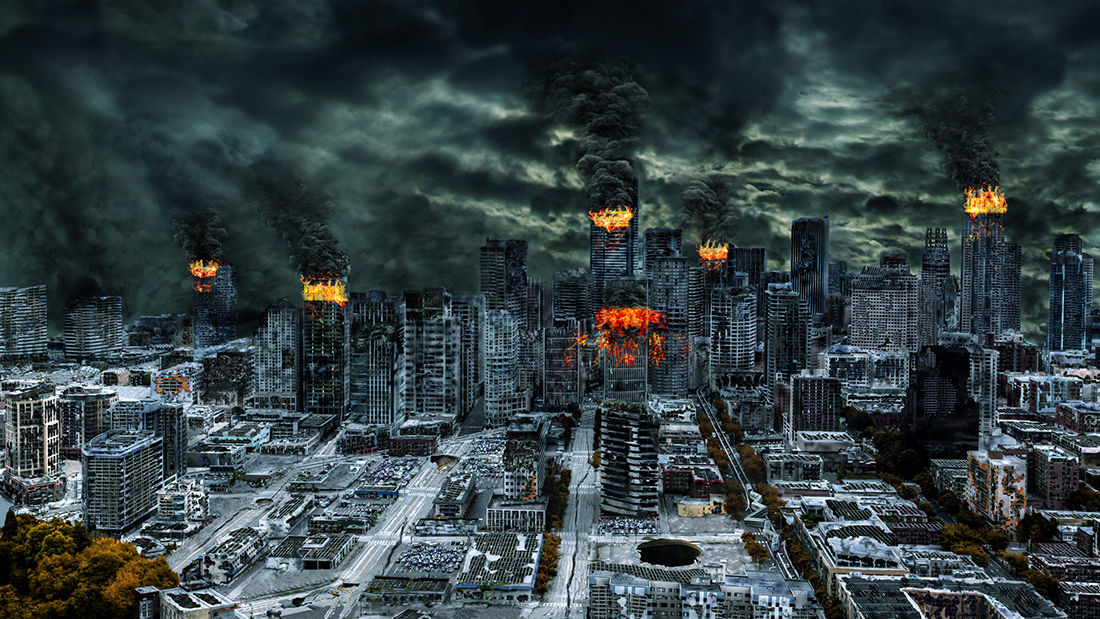
Prepare For a SHTF Scenario
If you are worried about a future catastrophe, you’ve probably been told to prepare for it. Whether it’s a sinkhole, a hurricane, or a pandemic, you can get prepared for these events. Here are some tips to help you prepare. Also, consider this: If the world falls apart, your house may be destroyed. That’s not a good scenario! It’s more likely to occur in our lifetime.
Plan for a future catastrophic event
The Miami-Dade Office of Emergency Management has hosted two workshops that focus on coordinating emergency management efforts across levels of government. In June 2007, it held a Regional Planning Workshop that refined rough draft catastrophic plan pieces that had been developed in Operational Workgroups during Winter/Sprint 2008. In November, it convened a State-Federal Integration Workshop to address challenges and identify gaps. These two events helped local emergency management leaders determine the best approach to disaster planning and preparedness.
Prepare for a natural disaster
One way to relieve your anxiety is to be prepared for natural disasters. By compiling disaster supplies, making home disaster plans, and knowing what to do in an emergency, you can reduce your sense of vulnerability and anxiety. Here are a few tips to get you started. First, be sure to make a natural disaster preparedness kit that includes three days’ worth of food and water. After purchasing the supplies, store them in a safe place and check them periodically for spoilage. If you’re in a hurricane-prone area, take extra steps to be prepared.
Make sure you have a reliable source of information for emergencies. To receive updates, you should sign up for wireless emergency alerts and monitor local radio stations. Finally, have a NOAA weather radio in your natural disaster kit. These can help you get important weather reports. If you live in a region that experiences extreme weather, you’ll want to make sure your home is fully stocked with emergency supplies and water. Having emergency supplies on hand can make a huge difference in your comfort level.
Prepare for a pandemic
There are many factors that increase the likelihood of a pandemic, from human population growth to increased urbanization. Many of these factors, including climate change and human-animal interactions, affect public health. The number of people in the world is predicted to grow to 9.7 billion by the year 2050, and global trade and travel intensify the risk of spreading diseases. Prepare for a pandemic in a SHTF scenario by learning about the factors that may increase the risk of a disease outbreak.
Historically, influenza pandemics have been the most severe and fatal, and many countries have relied on these events to estimate their future costs of a pandemic. While this can be a useful resource for planning and developing preparedness measures, historical pandemics are also misleading because they may lead to overreaction that negatively impacts the economy. In addition, the 1918 pandemic may be the worst case scenario, but today’s epidemics could be even more devastating.
Prepare for a sinkhole
Sinkholes can strike anywhere. Getting prepared for one will protect you and your family in the event of a disaster. Fortunately, most of these are relatively small, so you should not have to worry too much about getting caught. If a sinkhole does occur, however, it is best to call your insurance company to have a structural engineer assess your property. The good news is that most sinkholes are not large enough to swallow your home, but you can still be stranded and without the means to move to safety.
If you live near a sinkhole, you should coordinate with the local geological survey to learn whether the land is prone to sinkholes. They can also consult the U.S. Geological Survey to find out what type of soluble rock lies beneath your property. However, if you’re living near one, you must stay vigilant and prepared for anything that may happen. For example, if you find a piece of garbage or a large rock buried in the ground, don’t try to retrieve it yourself. Then, call 911 and your neighbors to let them know what to do in case a sinkhole occurs.
